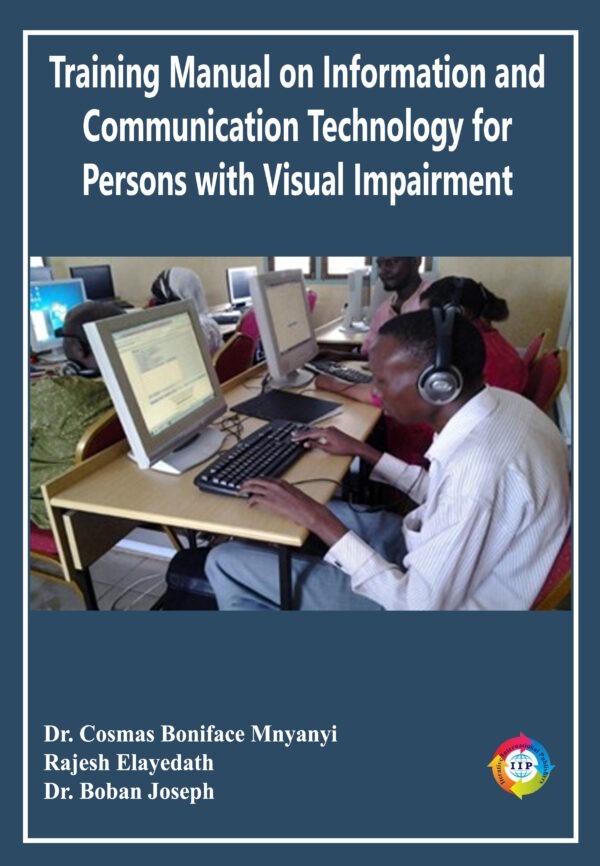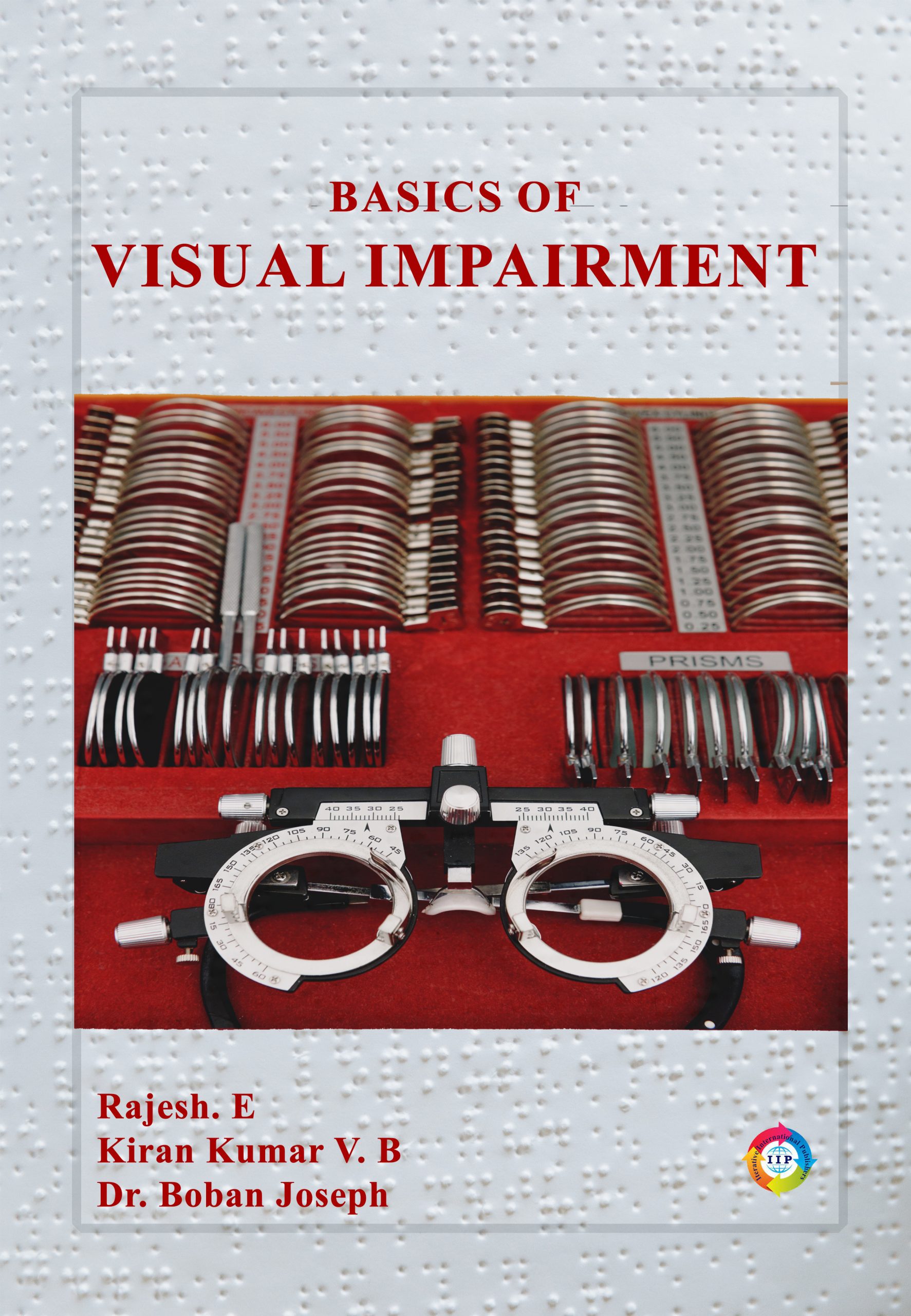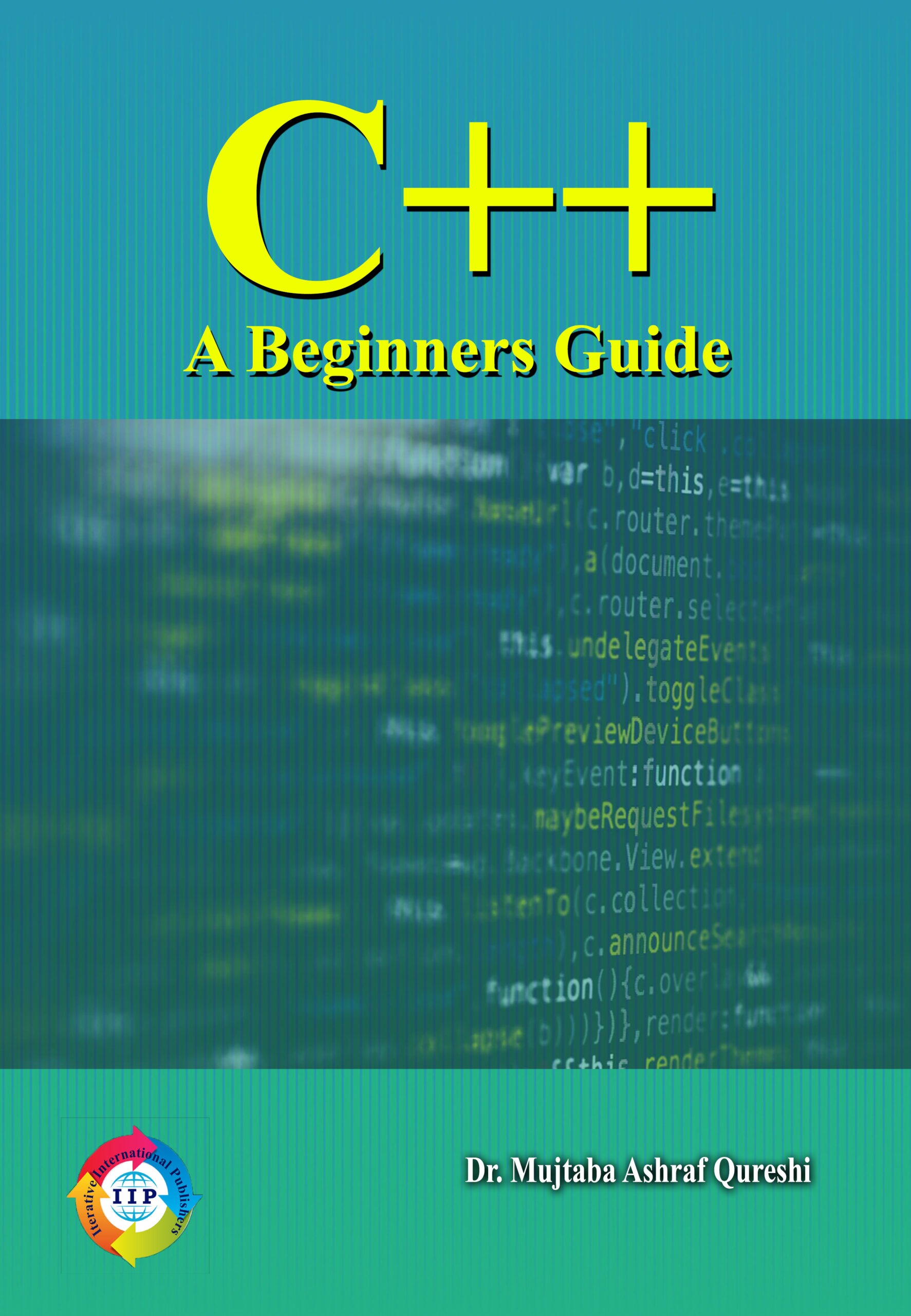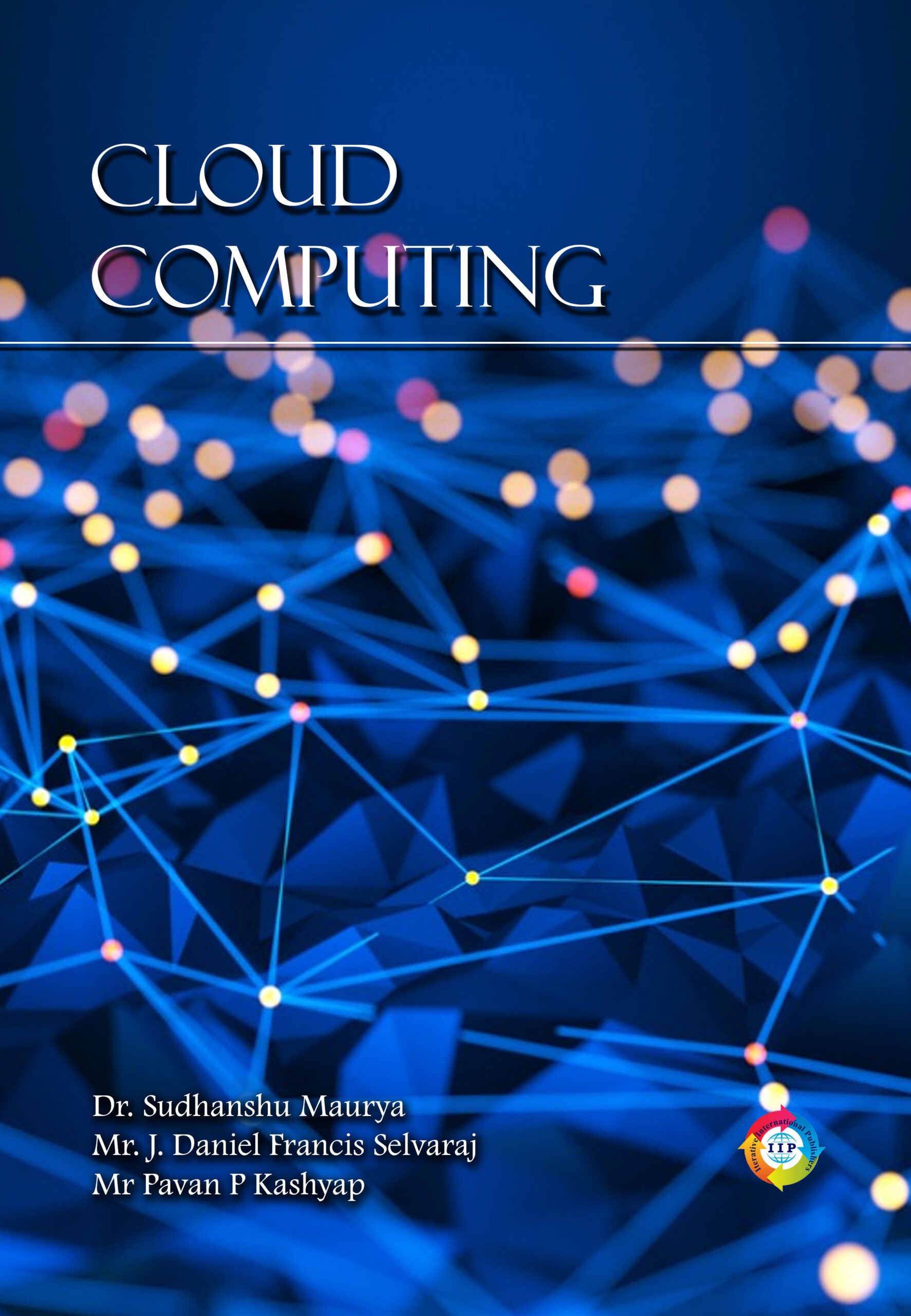ICT is changing the way we live, work, play and enjoy. It is expected that the fourth industrial transformation will depend more on technology. Above all, the health system worldwide is improving, including in the developing world. As such, life expectancy has tremendously increased, calling for serious development in assistive technologies to support a quality of life for all, including children, youth, and the aged. The question is what is in place, in most cases in the developing world that will support individuals with visual impairment to access jobs, markets, and learning in the fourth industrial revolution? There were clear efforts around the world in the late 1990s and early 2000s to train people on how to use computers and other ICT technologies. Since then, we rarely find ICT skills training centers for people with special needs or disabilities. If found, they are short-term funded projects, thus lacking sustainability, yet many people are becoming disabled, children, youth and adults. This evidence cannot be underestimated. This manual has been developed in order to create an avenue for people with visual impairment to seamlessly enter the world of ICT. We hope that the book will help everyone learn more about how to help blind people in Tanzania, India, and the rest of the world learn ICT skills.
ICT skills training for all can be a reality by creating a possibility where the disability community takes part in creating a learning space. Having well-trained facilitators is an important aspect as they can support visually impaired people to align themselves with the envisioned economic and social developments and actively participate in the national development processes. Quality, equity, sustainability, self-reliance, patriotism, inclusion, transparency, and accountability are among the core values that have guided the development of this ICT skills training manual for people with visual impairment. By leveraging the acquisition of relevant ICT knowledge, skills, competencies, attitudes, and dispositions required for personal awareness creation and participation in online environments, they will enhance their quality of life, personal development, and national development at large. These values will serve as the most powerful levers for ICT skills training for people with visual impairment. Various key actors will be involved in creating and implementing ICT skills training for people with visual impairment. In view of this, it is envisaged that each of the key actors will be responsible for ensuring that ICT skills training is aligned to economic, cultural, social, political, educational, and government priorities and aspirations. Above all, ICT skills training for people with visual impairment has to focus on creating independence in their work, leisure and environment.












Reviews
There are no reviews yet.